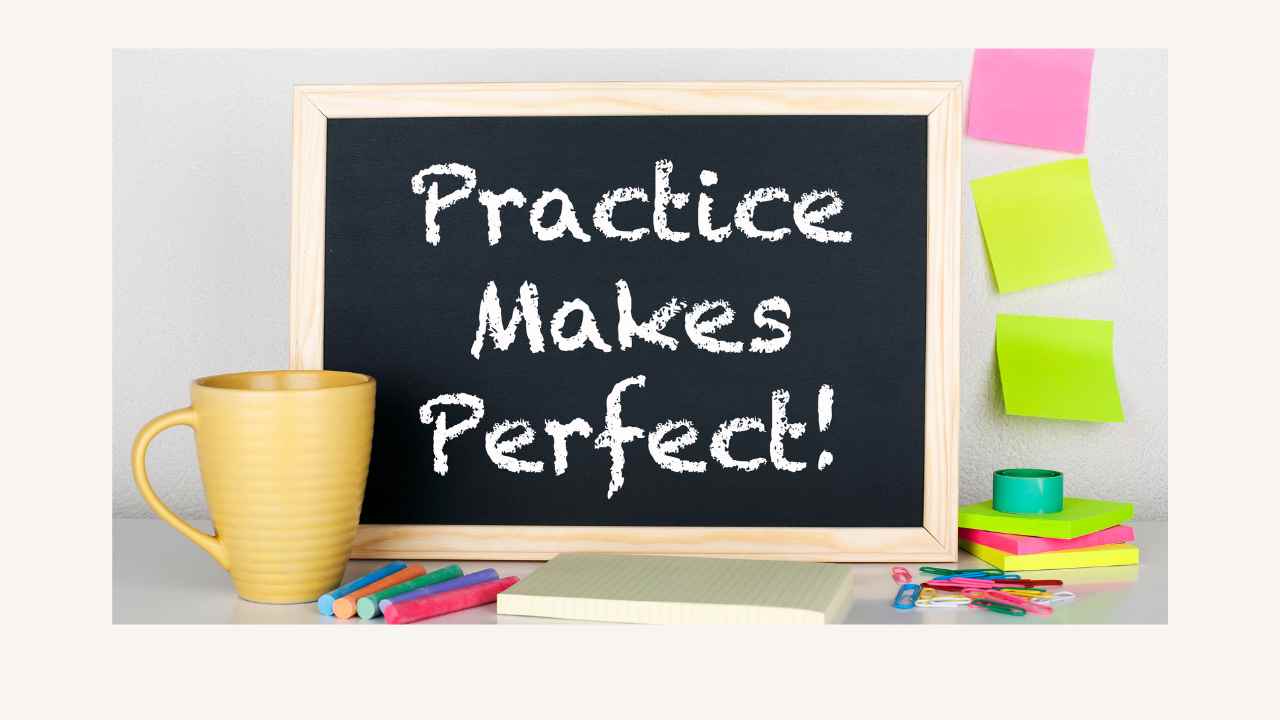I Help people sing and speak expressively and powerfully no matter the level of experience :)
HI, I'M JORGELINA
EXPAND YOUR VOCAL RANGE TODAY!
Grab today my 3 SINGING SECRETS to expand your vocal range for FREE!
GRAB IT NOW

Singing practice tips – how nurture a highly effective singing practice!
Last week I was sick with one of those nasty winter bugs… so I used my normal singing practice time to explore a singing book, ‘The Singing Athlete’ by Andrew Byrne. I came across some interesting ideas that I feel are worthy of telling you about!
Table of Contents
The Power of Practice: Falling in Love with the Process

As I immersed myself in “The Singing Athlete,” I stumbled upon insights that resonated deeply with me. One lesson that stood out was the significance of loving the singing practice itself. Often, we encounter songs or vocal exercises that don’t immediately captivate our interest. I recall my days in the singing academy, where we were assigned pieces that weren’t our first choice. The same applied to vocal exercises—some seemed boring or uninspiring. However, I firmly believe that we can learn to love any aspect of our craft by nurturing curiosity, understanding its benefits, and discovering how it shapes our growth.
The Art of Present-Minded Singing Practice

Another essential element the book highlighted was the need for absolute presence during singing practice sessions. Engaging in distractions or multitasking can hinder progress and limit our true potential. By immersing ourselves fully in the task at hand, we can forge a profound connection with our voice, enabling us to refine our skills more effectively.
Embracing Challenges: The Sweet Spot of Productive Practice

The book suggests that a practice routine should have a 50% failure rate to indicate an appropriate level of challenge. Stepping out of our comfort zones and embracing demanding vocal exercises or tackling complex song selections helps us stretch our limits and experience substantial growth as singers.
Establishing a Safe Practice Environment

Creating a safe space for practice is crucial for optimal vocal development. It is essential to cultivate an environment devoid of judgment or threats. Singers must identify a time and place where they feel secure and free to explore their voice without fear of criticism or harm.
Assessing and Reassessing Your Voice

“The Singing Athlete” introduced me to a novel concept—cognitive assessing and reassessing of one’s voice. By evaluating our progress through a series of drills and comparing our performances, we gain insights into the efficacy of our practice routines. If we improve on a phrase after a workout drill, it indicates a high payoff exercise. No improvement suggest a neutral drill, and if you saw a decline in your performance, that indicates a rehab drill. Understanding these distinctions allows us to make our singing practice more efficient, adjusting techniques or seeking guidance from a vocal coach for optimal growth.
A high-payoff drill is a drill that your brain doesn’t consider a threat and it’s good to use before a performance. A rehab drill is a drill that your brain finds threatening, so it is not a drill that will be useful for right before a performance. If you find a rehab drill it doesn’t mean you have to stop working on it: it means that you have to work on it until it becomes a neutral drill or a high-playoff drill. To achieve this you could, for example, slow the drill down when you’re practicing it. You could also tyr singing it with the eyes closed, or on a different position. Do this until you find a way to do it that makes it easier for you, to lower the perceived threat in your brain.
Want to receive weekly articles in your inbox? Subscribe to our newsletter for weekly original singing articles and videos, and to receive all the news about our latest online singing programs!
Want to learn singing from a contemporary and holistic approach? Join us today!
Explore our singing programs (online and in person)
I help people to develop their voice and singing from a holistic approach. I teach vocal lessons in person in Auckland, NZ, and online. Also stay tuned for my new online singing programs!❤️
My greatest passion has always been the voice, music and energy arts.
My personal and artistic journey has led me to understand that the voice and the body are fully connected, and that includes not only the physical body but also the mental, emotional and spiritual body.
Through holistic vocal training you not only learn to become a great singer while taking care of your voice, but you also improve your mental and physical wellbeing❤️
AUCKLAND CONTEMPORARY SINGING SCHOOL - COPYRIGHT 2024 ©
leave a comment